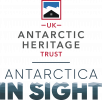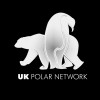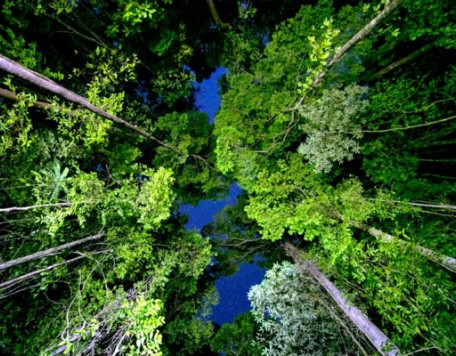© Pint of Science, 2025. All rights reserved.
WE'RE SORRY TO SAY THIS EVENT HAS BEEN CANCELLED AND HAS BEEN POSTPONED FOR A LATER DATE - ALL TICKET BUYERS WILL RECEIVE A REFUND
Two hundred years ago, human eyes first caught sight of Antarctica. Since then, it’s been a focus of exploration and scientific achievements. In collaboration with the UK Polar Network and supported by the UK Antarctic Heritage Trust as part of their Antarctica In Sight programme, come and enjoy an evening of Arctic and Antarctic celebration to find out about some of the lesser known polar peculiarities. There’ll be a quick-fire quiz with a variety of prizes, so m…
Two hundred years ago, human eyes first caught sight of Antarctica. Since then, it’s been a focus of exploration and scientific achievements. In collaboration with the UK Polar Network and supported by the UK Antarctic Heritage Trust as part of their Antarctica In Sight programme, come and enjoy an evening of Arctic and Antarctic celebration to find out about some of the lesser known polar peculiarities. There’ll be a quick-fire quiz with a variety of prizes, so m…
Extreme Citizen Science - Looking for Microplastics in Antarctica
Kirstie Jones Williams
(PhD Candidate)
Plastic pollution has captured the attention of the world and it seems that no place has been left untouched by this contaminant, particularly in one of its smallest forms as “Microplastics”. In order to understand how microplastics may impact Antarctic wildlife, we need more information on how much and what types of microplastics are being found in this part of the world. In fact, the interior of Antarctica is perhaps the only place we have had no data….until now. In a project funded by Airbnb, and in partnership with The Ocean Conservancy, we carried out an Extreme Citizen Science project, by enlisting the help of five citizen scientists to join me on a quest to look for microplastics in the snow of the frozen continent. This talk will challenge your ideas of what citizen science is and what it can achieve. How do we carry out citizen science on a continent which technically has no citizens and why travel to the remotest locations looking for evidence of plastic pollution?
In search of super-sized swarms: why krill are important to us all
Professor Geraint Tarling
(Biological oceanographer at the British Antarctic Survey)
Did you know that there are 130,000 Antarctic krill for every human and that krill can form swarms bigger than the area of central London. In this talk, Professor Tarling will consider the fascinating biology of one of the most successful animals on the planet. Despite their success, they live in a fragile ecosystem that is changing rapidly. They are also the target of an expanding fishery that is receiving the increased attention of environmental pressure groups. Immerse yourself in the science of biological oceanography and find out how we monitor stocks, disentangle foodwebs and reveal the importance of krill to global climate.
The discovery of the ozone hole
Jonathan Shanklin
(Emeritus Fellow, British Antarctic Survey)
The ozone layer is critical for life on earth. Finding a hole in it was a bit of a surprise! I will take you on a voyage to Antarctica where the measurements showed that something odd was going on over Halley station. The story unfolds with the world’s governments taking action and leads to the present where this year a mini ozone hole formed over Scandinavia. Looking to the future, how will our actions influence the future atmosphere?
Map data © OpenStreetMap contributors.
Other Panton Arms events
2025-05-20
Truth or Trickery?
Panton Arms
43 Panton Street, Cambridge, CB2 1HL, United Kingdom
2025-05-19
Designing with Nature
Panton Arms
43 Panton Street, Cambridge, CB2 1HL, United Kingdom




